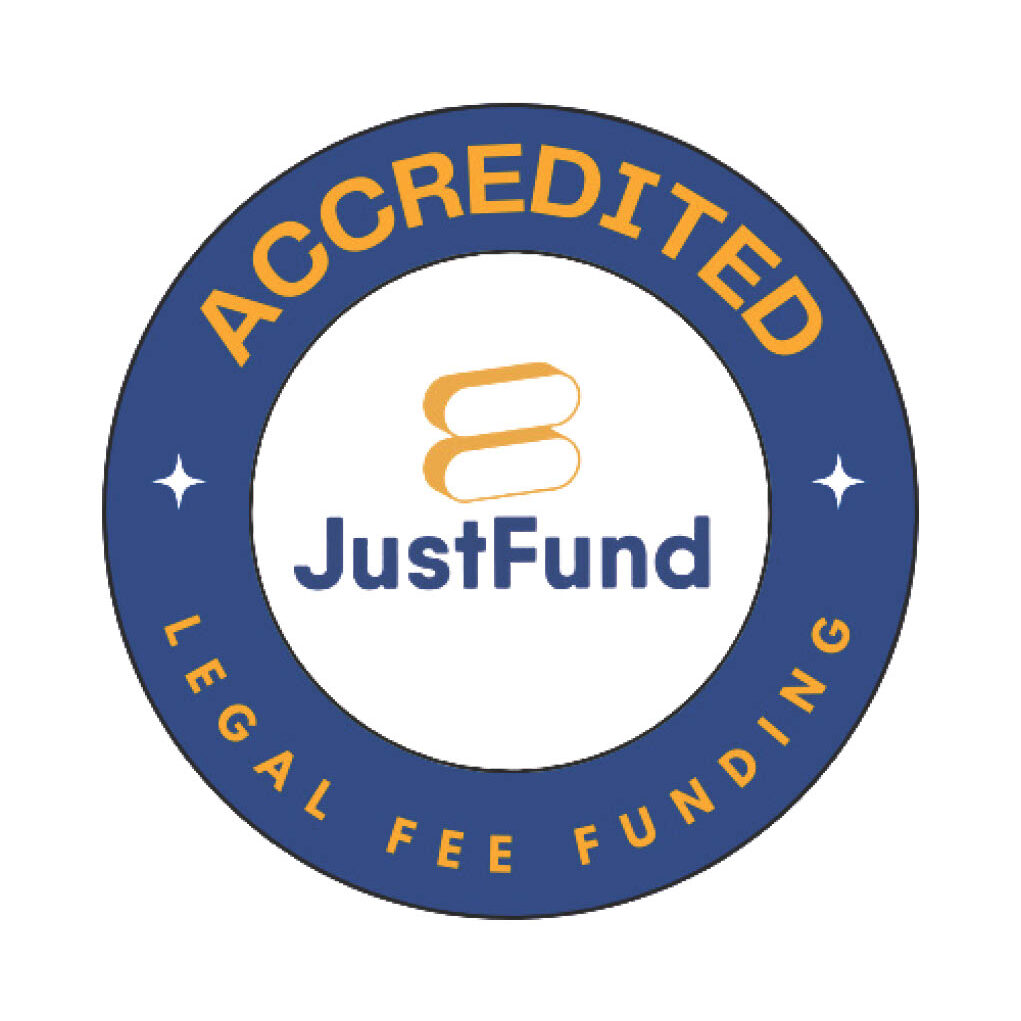
Separation can raise serious concerns about protecting your assets. Googling online consent order might seem like a quick and affordable fix, but it’s rarely that simple.
To secure your financial future and avoid unnecessary stress, ensure a lawyer properly prepares and reviews your documents. If you feel unsure about where to start, use a clear checklist and seek professional guidance to take the right steps with confidence.
In this article, we outline 10 key documents you need for asset protection. Whether you’re working towards a property settlement, considering Consent Orders, or preparing for mediation, this checklist helps you stay organised and informed.
Googling online consent order might feel convenient, but talk to a lawyer who can draft your agreement correctly and ensure it truly protects your interests.
1. Consent Orders
The Court approves Consent Orders as formal legal documents that make your property and parenting arrangements legally binding. Online consent order services might look straightforward, but they rarely offer the tailored legal advice you need to create an accurate and enforceable agreement.
If you want a legally binding agreement without going through Court litigation, work with a lawyer to prepare your Consent Orders properly.
2. Mediation Position Statement
If you and your former partner can’t reach an agreement on your own, you’ll likely engage lawyers to help you attend mediation. During mediation, you’ll discuss the issues in dispute, explore options, and work toward a mutually acceptable agreement.
This process can be highly effective for resolving family law property settlements, but preparation is essential. Before mediation, both you and your former partner should prepare a detailed document outlining the background information, key facts, evidence, and your desired outcome.
Lawyers call this document a Mediation Position Statement.
3. Binding Financial Agreement
A binding financial agreement (BFA) sets out how you and your former partner will divide property, superannuation, and financial resources after separation.
It can also outline spousal maintenance. When drafted correctly, a BFA provides certainty and helps prevent future disputes. Both parties must sign the agreement after receiving independent legal advice, so it’s crucial to have an experienced lawyer guide you through the process.
4. Superannuation Statements
Superannuation often represents one of the most significant assets in a separation. You need current superannuation statements from both parties to determine the full asset pool.
These statements outline balances, contributions, and conditions of release, ensuring you consider everything during negotiations.
5. Business, Company or Trust Documents
If you or your former partner own a business, company and/or family trust, you will need all relevant documents. This includes trust deeds, company constitutions, partnership agreements, and financial statements. Business and trust structures can be complex, so having accurate documents is crucial to properly value and divide assets.
6. Loan and Mortgage Documents
Include mortgages, personal loans, and credit card statements in your financial disclosure. These documents give a clear picture of your liabilities, which are just as important to identify as your assets.
Knowing the exact debts each party owes helps you reach a fair and balanced settlement.
7. Bank Documents
Include bank statements in your financial disclosure. In family law, we often say that “bank statements don’t lie,” so providing them is essential to determine an accurate picture of all assets in a property settlement.
These documents can also reveal if one or both parties have hidden, moved, or depleted assets—conduct that must be addressed when finalising any family law property settlement.
8. Wills and Estate Planning Documents
Separation is a trigger to review your Will and other estate planning documents, such as Enduring Powers of Attorney, Advance Health Directives or Superannuation Death Benefit Nominations. Without updating these, your former partner may remain a beneficiary or decision-maker, which might not align with your wishes.
9. Title Documents
Property ownership is confirmed through Title Searches. Having copies of these documents helps establish what properties are owned, in whose name, and whether there are encumbrances such as mortgages or caveats. Your family lawyers can help to obtain these documents if you do not hold copies. Title Searches are essential when formalising property settlements and dealing with any property in legal documents.
10. Tax Returns and Income Documents
Finally, tax returns from the past few years as well as income documents such as payslips provide transparency about income, expenses, and overall financial standing. This information helps ensure that settlements are fair and based on accurate data.
Why Having These Documents Matters
Many people underestimate the importance of collecting documents early in the separation process. Without them, negotiations can stall, valuations may be inaccurate, and you may be left vulnerable to financial risk. By organising these 10 key documents over the course of your property settlement negotiations, you are taking proactive steps to protect your assets and move forward with clarity.
FAQs
What happens if I cannot find some of these documents?
If you cannot access certain documents, your lawyer can assist by requesting disclosure from the other party or relevant institutions.
Do I need both a Binding Financial Agreement and Consent Orders?
Not necessarily. Which option is right for you depends on your circumstances. While googling online consent order might seem like an easy fix, it’s important to get tailored legal advice before deciding. A family lawyer can explain the differences and guide you to the best solution for your situation.
When should I update my Will after separation?
It is recommended that you update your Will and estate planning documents as soon as possible after separation to reflect your new circumstances. We have strategic partners who we can recommend that can assist you with updating these documents.
Are informal agreements enough to protect me?
Informal agreements might seem simpler, but they are not legally binding. Without formal documents, your former partner may still be able to make future claims.
Final Thoughts
Asset protection during separation is about more than just dividing property and finances. It is about securing your financial future and ensuring peace of mind.
By gathering or completing these documents early, you can reduce stress, stay organised, and feel confident that you are prepared for the next step.
✅ Ready to protect your assets? Download our free Separation Checklist today to take control of your separation journey with clarity and confidence.



